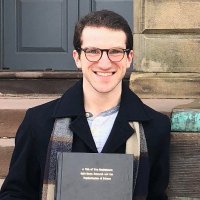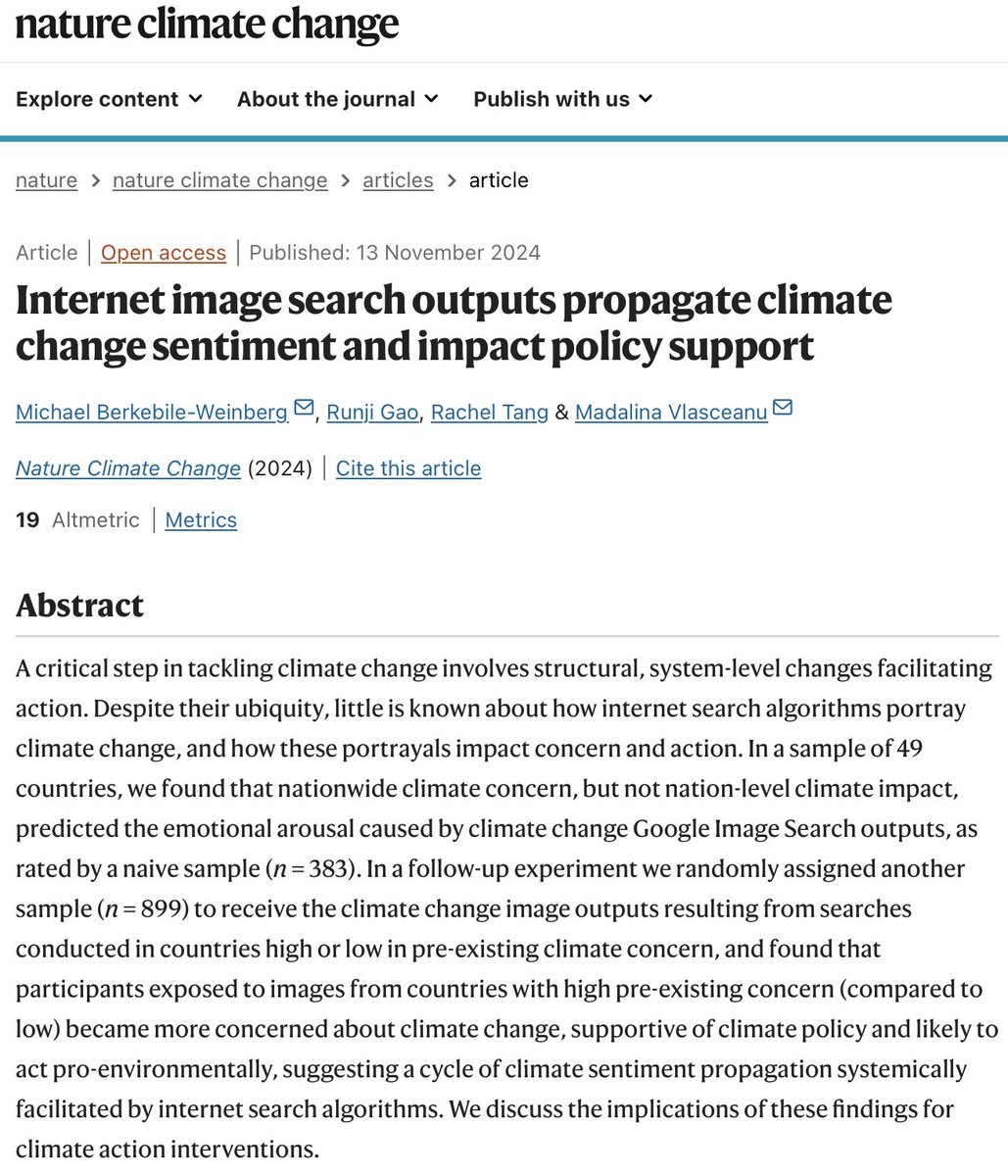
John Andrew Chwe
@jahchwe
Columbia psychology PhD student @freemanlab 🏳️🌈 | interested in social vision, representational spaces, stereotypes & prejudice, etc.
ID: 971748579546161153
http://jahchwe.github.io 08-03-2018 14:04:50
71 Tweet
279 Followers
594 Following

Registration is now open! Join us for a FREE, first-of-its-kind symposium & think tank on the inclusion & advancement of LGBTQ+ people in STEM at @AAAS in DC on May 30, featuring policymakers, researchers, community members, U.S. National Science Foundation, NIH, & White House Office of Science & Technology Policy. eventbrite.com/e/inclusion-an…


My lab UC Riverside is recruiting for a lab manager! We use EEG + fMRI to study human memory in younger and older adults. Fab opportunity for someone thinking about grad school in the future. I’ll begin reviewing apps starting 5/1 so get ‘em in now: bit.ly/dzlabmgr


1/Months in the making, here's the final cut of my story on the long-awaited wealth transfer, no longer in the future tense: We're closer to 2053 than 1992. Elites are already disbursing to heirs while alive. The masses likely need luck or a paradigm shift nytimes.com/2023/05/14/bus…

New #SPSPblog — Group Vibes: Sensing Trustworthiness in Half a Second by John Andrew Chwe ow.ly/YYyx50PikGr


What makes some people better at trivia than others? in one of the most insane multi-year "research is mesearch" journeys ever, we (me + Lauren Wilkins + Mariam Aly ) ran a study to answer this very question! psyarxiv.com/fm82b/ check it out!! 1/ 🧵

🔔New Research🔔 Facial impressions of trustworthiness and dominance can shift across group boundaries. This could have implications for how we perceive and interact with others. Authors: Youngki Hong, Jon Freeman Read more in #SPPS: ow.ly/Kvw050PFsyz


New in Association for Psychological Science led by Youngki Hong: Facial stereotypes (e.g., trustworthiness) lead to consequential biases in criminal sentencing, hiring, and politics. We show these biases can be eliminated via a training that dismantles the associations. journals.sagepub.com/doi/abs/10.117… (1/6)


🚨Please retweet🚨 I am recruiting a⭐postdoc⭐ to start in a year or so! Funded by my startup, guaranteed 2-year, extension pending on external funds. My lab UC San Diego study ⭐person perception⭐social cognition⭐computational modeling⭐& more! 👉impactlab-ucsd.github.io

Multimodal transformer-based learning infers Oncotype DX Recurrence Score from H&E images and text reports across >5000 patients from 3 cohorts. Excited to drop the preprint from this collab with Sohrab Shah Jakob Nikolas Kather Omar S.M. El Nahhas Antonio Marra 🇺🇸🇮🇹🇩🇪 biorxiv.org/content/10.110…

Happy to announce new work published in PSPB with Jon Freeman and DJ Lick! 🎉 We explore the dynamics of Multiracial categorizations using a 3-choice mousetracking task! Take a look here: journals.sagepub.com/doi/10.1177/01…

New research shows how brains process multiracial identities in real-time by using a computer technique to track hand movements. ✍️: John Andrew Chwe, Jon Freeman, David J. Lick Read more in Personality and Social Psychology Bulletin: ow.ly/YuJt50TfqYf







